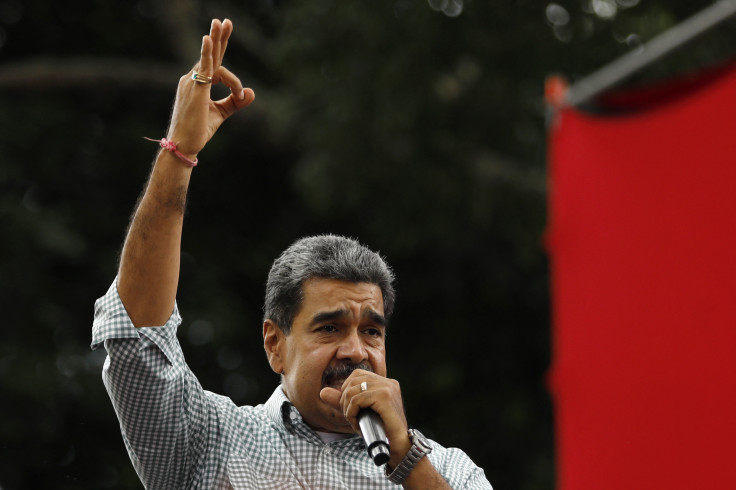
Among the lingering questions around Donald Trump's much anticipated immigration policy and deportation strategy is how exactly the president-elect plans to deal with Venezuela. Close to 8 million people have migrated from the country, whose crisis only got worse after the July 28 presidential elections in which Nicolás Maduro claimed victory despite not showing supporting documentation, something that led the opposition and a large portion of the international community to dispute the scenario.
On the one hand, reports have identified American executives and bondholders who favor a pragmatic deal with Maduro, which would involve increased Venezuelan oil exports to the U.S. in exchange for reduced outward migration and willingness to take deportees. On the other hand, one of Trump's first Cabinet appointments for his second term was Marco Rubio as Secretary of State, a man who has been one of the most vocal critics of Maduro and even proposed increasing a bounty again the Venezuelan strongman in September.
Amid the political whirlwind, Maduro has seemingly toned down his stance against the U.S. since November 5, going as far as to label the results "a new beginning in relations" between the two countries.
Maduro went one step further on Tuesday, offering Donald Trump his help in combating criminal gangs like Venezuelan-born 'Tren de Aragua', which has established a foothold in the United States.
During his televised program, Maduro admitted that he made the same proposal to Joe Biden, but no one in the White House responded:
"This government (Biden) didn't want to work seriously. I made the proposal to his government to work on the issue: 'Let's coordinate to fight the gangs and the criminal trains.' With the experience we have, having , having freed Venezuela from these criminal gangs, we could cooperate with the U.S. government and American society in a climate of cooperation for peace and internal security. That willingness has always been there, and it remains"
Maduro went on to say that by 2025, Venezuela "will be in better conditions to strike all the criminal and extortionist gangs" and "bring peace and security to Venezuelans."
Dictator Maduro is once again pleading with Trump, claiming he can help him solve the insecurity problem in the US.
— Emmanuel Rincón (@EmmaRincon) December 3, 2024
He is completely delusional and in a state of desperation begging for a bridge with the next administration, it's not going to work: pic.twitter.com/rlEt6G2M7u
A recent study by the University of Michigan revealed that almost half of migrants from Latin America and the Caribbean experienced gun violence before arriving in the U.S., with Venezuelan men among the most affected citing incidents tied to robberies, extortions, and, in some cases, threats from authorities or intimate partners.
According to data from the Venezuelan Observatory of Violence, a non-profit organization that tracks crime in Venezuela, Caracas, the capital, had a homicide rate of 50.8 per 100,000 people in 2022 which ranks lower than the homicide rates in just two U.S. cities—New Orleans (58.4 per 100,000) and St. Louis (57.2 per 100,000).
© 2025 Latin Times. All rights reserved. Do not reproduce without permission.






